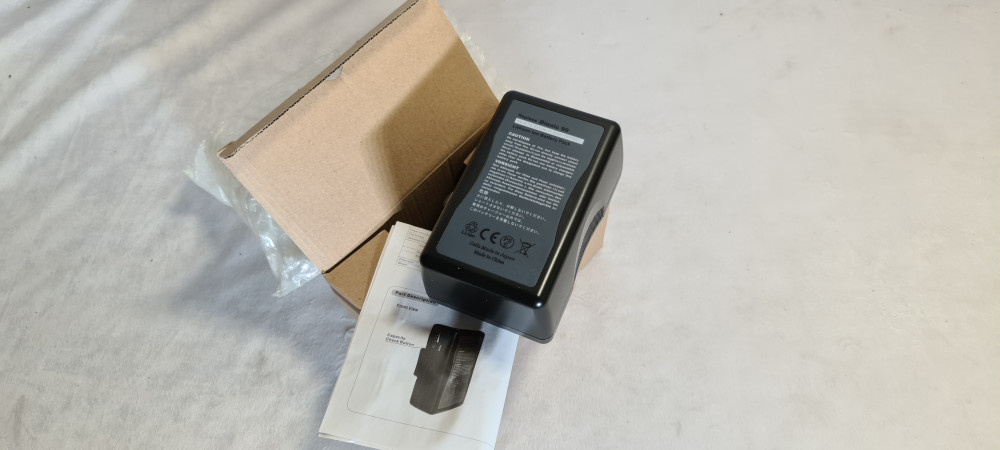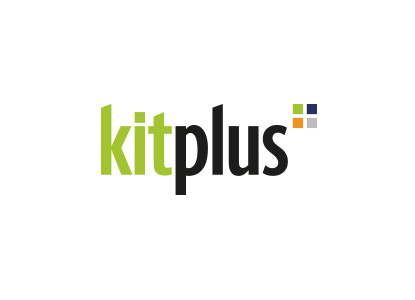by Peter Savage Issue 86 - February 2014 Disaster recovery planning was, on the morning of Sunday 9th February, as far from my mind as was winning the figure-skating gold medal at Sochi.
I recall my Rothschild days when we employed one guy whose job was almost totally devoted to what if strategic thinking and preparation. However, Azule is a small company, not an international bank. It has 15 staff and only a small amount of IT kit. Surely not much could affect our ability to do business?
The next morning I was immersed in regret for not having even a rudimentary contingency plan because the route to our office was immersed in Thames water and inaccessible. Our staff travel to work by car and train from London. Train lines were out of action as the Thames, as everyone knows, had broken its bank in Datchet where we are based. Bizarrely, I watched everything unfold on TV seeing the BBC reporter standing, in knee-high water, 10 feet away from our office front door. Reality television had come to Azule. And so had reality.
Good luck, not good planning
That was Monday, 10th February and even now, as this goes to press, we have no idea when we will get back into our office. The good news, as I type this at home, is that the servers, phone lines and internet access in Datchet are still working because the servers are on the first floor. This is, I confess, rather more down to good luck than good planning. Imagine how much more disastrous it could have been.
We would have had no Internet, no phones and perhaps no power as well as no office and no staff. The business would, in effect, have shut down and, no matter how many times Prime Minister David Cameron reassures us that money is no object for victims of this exceptional flood, it would have been impossible to stop the sleepless nights. What could and should we have done to plan for such an eventuality?
Do as I say, not as I do
First is to make sure you have a back-up plan for all your communications phone and email and information records plus staff, client and supplier contacts. Your phone lines should be easily transferable to somewhere and that somewhere should be suitable as an office (unless you can all work together but remotely). You must also plan how your staff should work and how to keep customers informed, particularly if your inability to work affects their businesses. Luckily (again) we could transfer the phone line to my home number and tag mobiles off that line. I have Internet at home but the bandwidth is limited compared with the leased line we run through the office; anything more than five people on wireless and it begins to break down. As for email, this goes back to the servers which means calculating whether your business needs a back-up server. We thought we were well covered with two servers in the office and a daily hard drive back-up which we kept off site. But, if the servers had gone down, we couldnt have worked we would have a copy of the server but copies dont allow you to work as normal. Worse still, as I type this paragraph, I learn that power is starting to fail back at base. That, too, should be built into your plan. Too late, I understand why the bank had one guy making sure we had servers in secure sites in Wales, or wherever.
The cost of lost business
For most of us, lack of contingency planning comes down to the pennies. A complete cloud-based back-up would have cost us about £25,000 which, with the power failing and the power of hindsight, would have been money well spent. And now the insurance company is suggesting that as we havent had flood damage the office is only inaccessible we might not be covered for business interruption.
My mind drifts back to David Camerons pledge that no-one will suffer financially and maybe I should go viral to make the case for small businesses unable to operate without access to their offices. As I now know, it is not easy to find an office for 15 people, with Internet access, that fits into the Venn diagram of where everyone lives and how they can travel. Plus, serviced offices want minimum spends fine if your insurance is paying so I have five sales people working from home which, as we all know, is like a permanent snow day (you know, a holiday we all call Working From Home).
Expect the most unexpected of all
I dont mean to rant. This disaster is one of those things things that are easy to forget when doing a SWOT analysis of threats to business. We all tend to concentrate on risks from competitors or changes in regulations; rarely is an act of God considered the biggest threat. Now I know that all contingency plans should include force majeure risks because they can happen and it happened to forward-thinking, strategic-planning me.
If you would like to know more about running a business in our unpredictable industry, and an unpredictable world, contact me at peter.savage@azule.co.uk and/or write to the TV-Bay editor. To read more of these articles, see our website: www.azule.co.uk.
Disaster Recovery with Peter Savage

Author: Dick Hobbs.
Published 1st March 2014






























